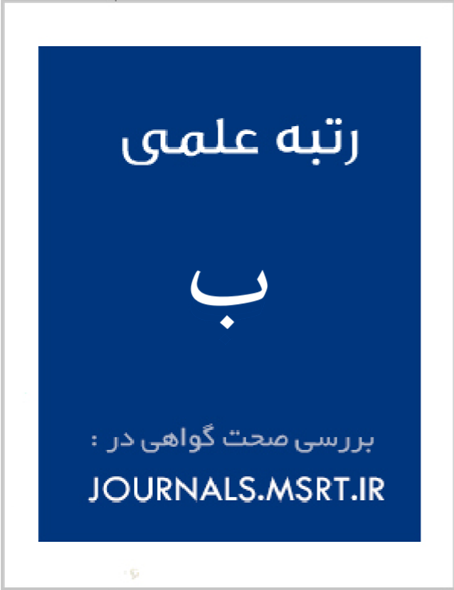A Qualitative Study of the Experience of Regret and Moral Return in the System of Repentance in Islamic Jurisprudence
Keywords:
Repentance, Remorse, Moral Return, Islamic Jurisprudence, Lived Experience, Spiritual Identity, Ethical ReformAbstract
This study aims to qualitatively explore the lived experience of remorse and moral return in the Islamic jurisprudential framework of repentance. A qualitative content analysis approach was employed. Data were collected through semi-structured interviews with 22 participants who had personally experienced repentance, selected purposively from Tehran. Interviews continued until theoretical saturation was achieved. Data were transcribed, coded, and analyzed using NVivo software. Analysis revealed three main categories: "lived experience of remorse," "moral return pathway," and "jurisprudential and spiritual contexts of repentance." These included subthemes such as shame and guilt, ethical reconsideration, attempts to make amends, spiritual rebirth, religious rituals, and legal-religious understanding of repentance. Participants described repentance as a holistic process of identity, ethical, and spiritual reconstruction in relation to God and society. Repentance in Islamic jurisprudence functions not only as a legal or ritual mechanism but also as a multidimensional transformative process that fosters ethical reform and spiritual realignment. Genuine repentance leads to behavioral change, renewed social relationships, and enhanced spiritual awareness, positioning it as a valuable tool for moral rehabilitation and psychological well-being.
Downloads
Downloads
Published
Submitted
Revised
Accepted
Issue
Section
License

This work is licensed under a Creative Commons Attribution-NonCommercial 4.0 International License.


